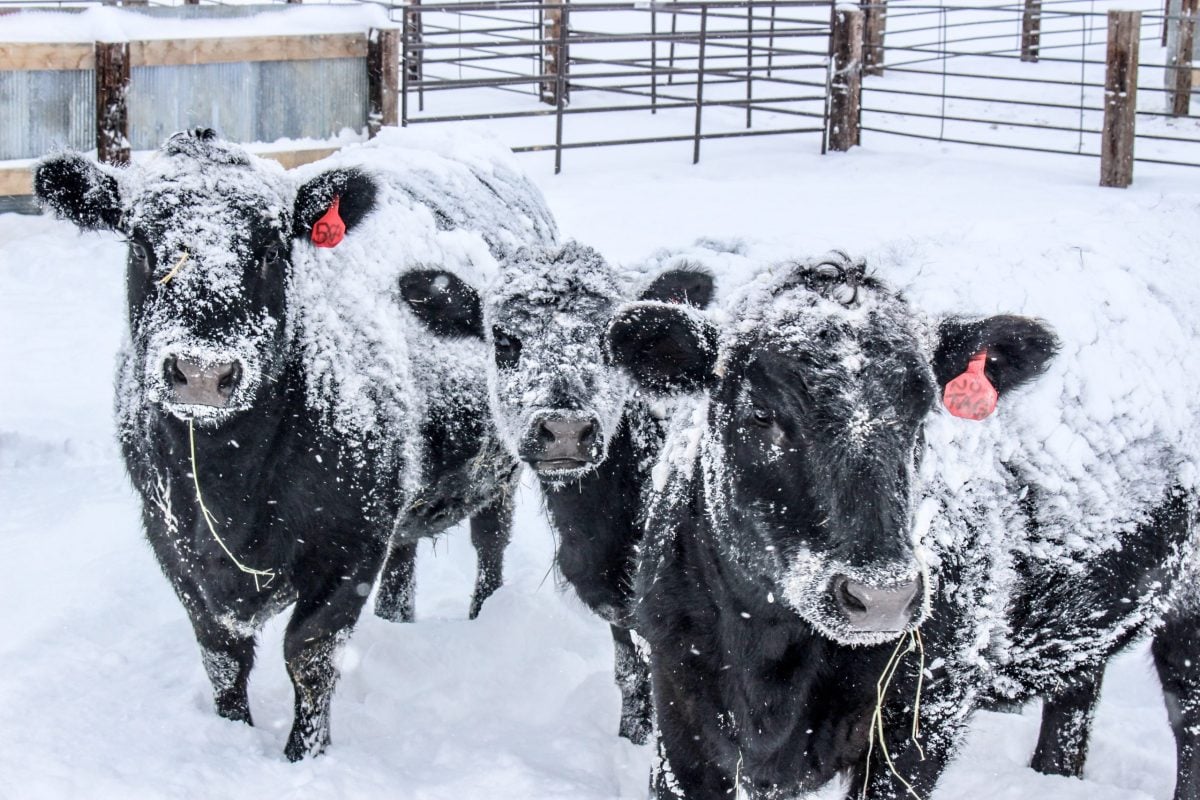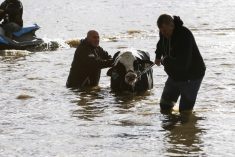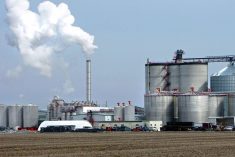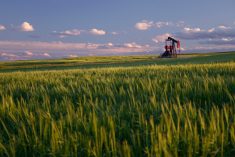The federal minority Liberal government is promising job creation, better rural internet access and a commitment to combating climate change in its newly revealed legislative plans.
In an ambitious throne speech delivered Wednesday, Prime Minister Justin Trudeau’s party committed itself to implementing universal child care and extending or enhancing many of the economic measures put in place to curb the impacts of the COVID-19 pandemic.
But it’s a commitment to enhancing rural broadband that farmers will likely find most intriguing.
“In the last six months, many more people have worked from home, done classes from the kitchen table, shopped online, and accessed government services remotely. So it has become more important than ever that all Canadians have access to the internet,” read the throne speech, delivered by Gov. Gen. Julie Payette.
Read Also

U.S. livestock: CME cattle futures rise on expectations of tight supplies
Chicago | Reuters – Chicago Mercantile Exchange cattle futures climbed on Wednesday as market players anticipated tighter cattle supplies in…
“The government will accelerate the connectivity timelines and ambitions of the Universal Broadband Fund to ensure that all Canadians, no matter where they live, have access to high-speed internet.”
The Universal Broadband Fund was launched in 2019 and, according to the government, is meant to “support projects to build or upgrade access and transport infrastructure to provide fixed and mobile wireless broadband Internet access services in eligible underserved areas of Canada.”
Efforts to expand access to health care were also highlighted in the speech.
“The Government will ensure that everyone – including in rural and remote areas – has access to a family doctor or primary care team. COVID-19 has also shown that our system needs to be more flexible and able to reach people at home. The government will continue to expand capacity to deliver virtual health care,” read the text of the speech.
Canada’s government also plans to legislate the goal of net-zero emissions by 2050 as part of its effort to combat climate change.
The speech specifically mentioned the need for the “know-how of the energy sector” to be involved in such an effort.
Two key priorities were listed: supporting existing manufacturing and natural resource sectors “transform to meet a net zero future, creating good-paying and long-lasting jobs” as well as “recognize farmers, foresters, and ranchers as key partners in the fight against climate change, supporting their efforts to reduce emissions and build resilience.”
Trudeau’s government also plans to create a new way of managing Canadian waters. Citing the closure of the Prairie Farm Rehabilitation Administration (PFRA), the speech commits the federal government to create a “Canada Water Agency to keep our water safe, clean and well-managed.”
“The government will also need to identify opportunities to build more resilient water and irrigation infrastructure,” Payette said.
The speech said Canada will also continue to fight for free trade and reform at the World Trade Organization.
“COVID-19 has accelerated the existing trends toward a more fragmented global order. It remains in Canada’s interest to create and maintain bilateral and multilateral relationships to advance peace and economic prosperity.”
Details of the legislative plans highlighted in the speech are expected to emerge in the coming days and weeks.
— D.C. Fraser reports for Glacier FarmMedia from Ottawa.
















